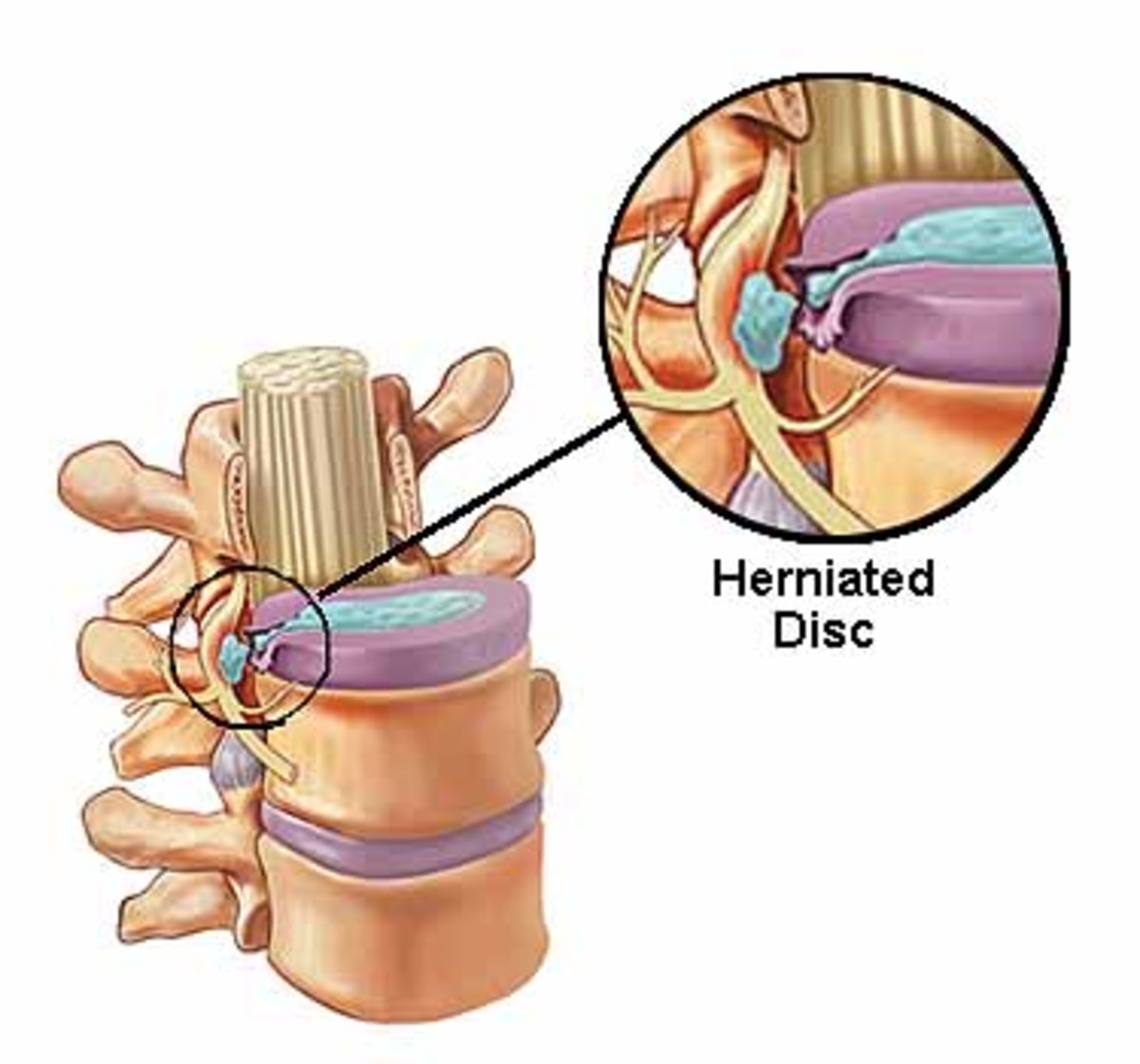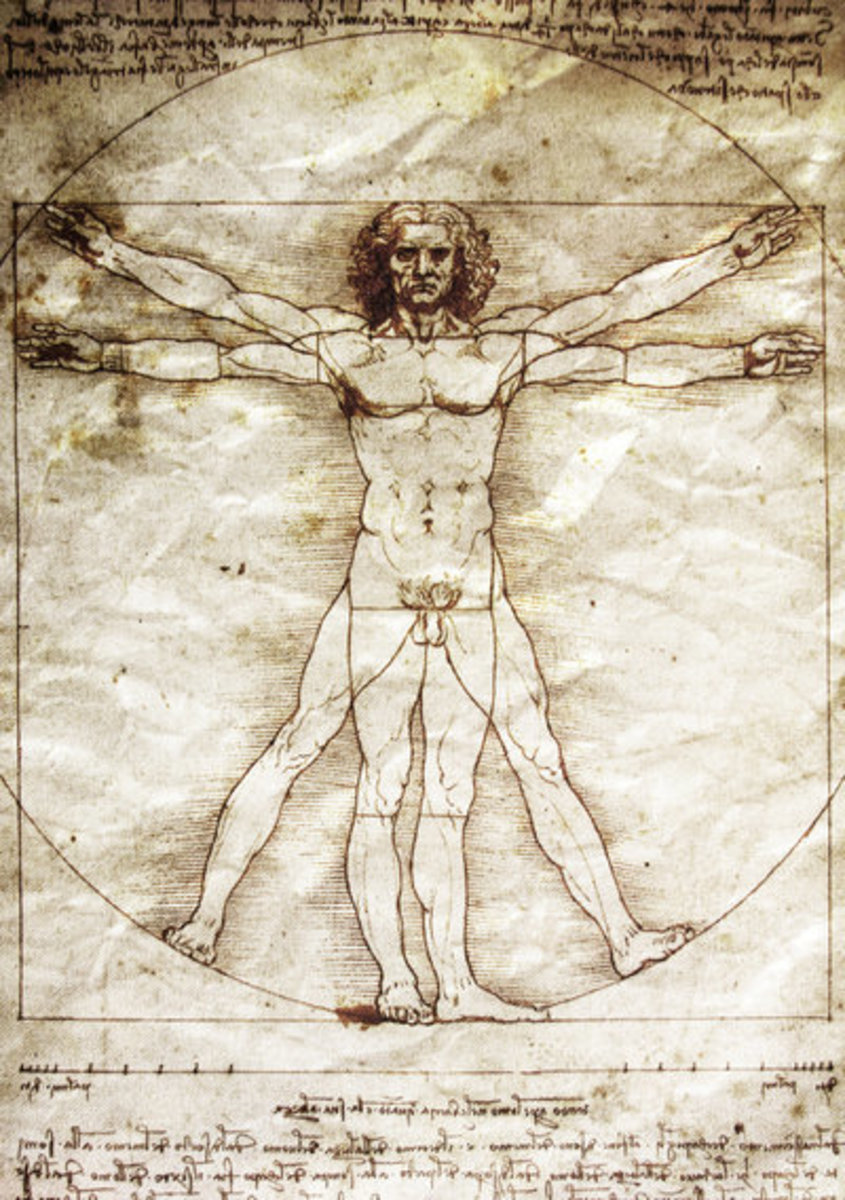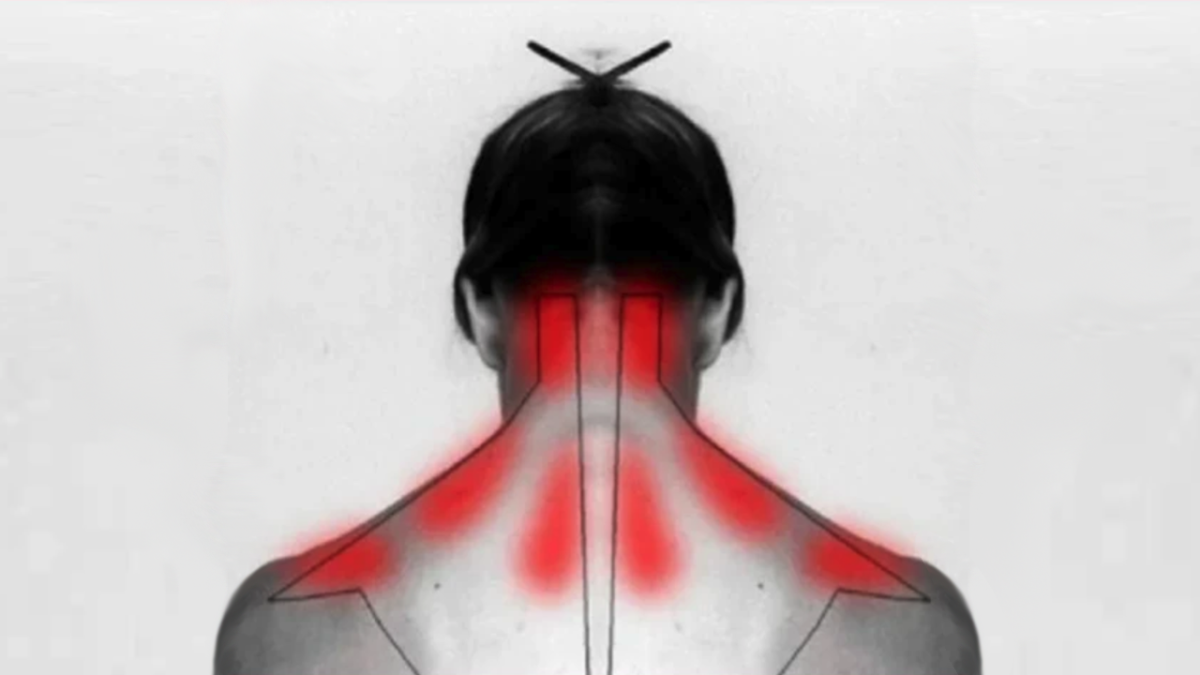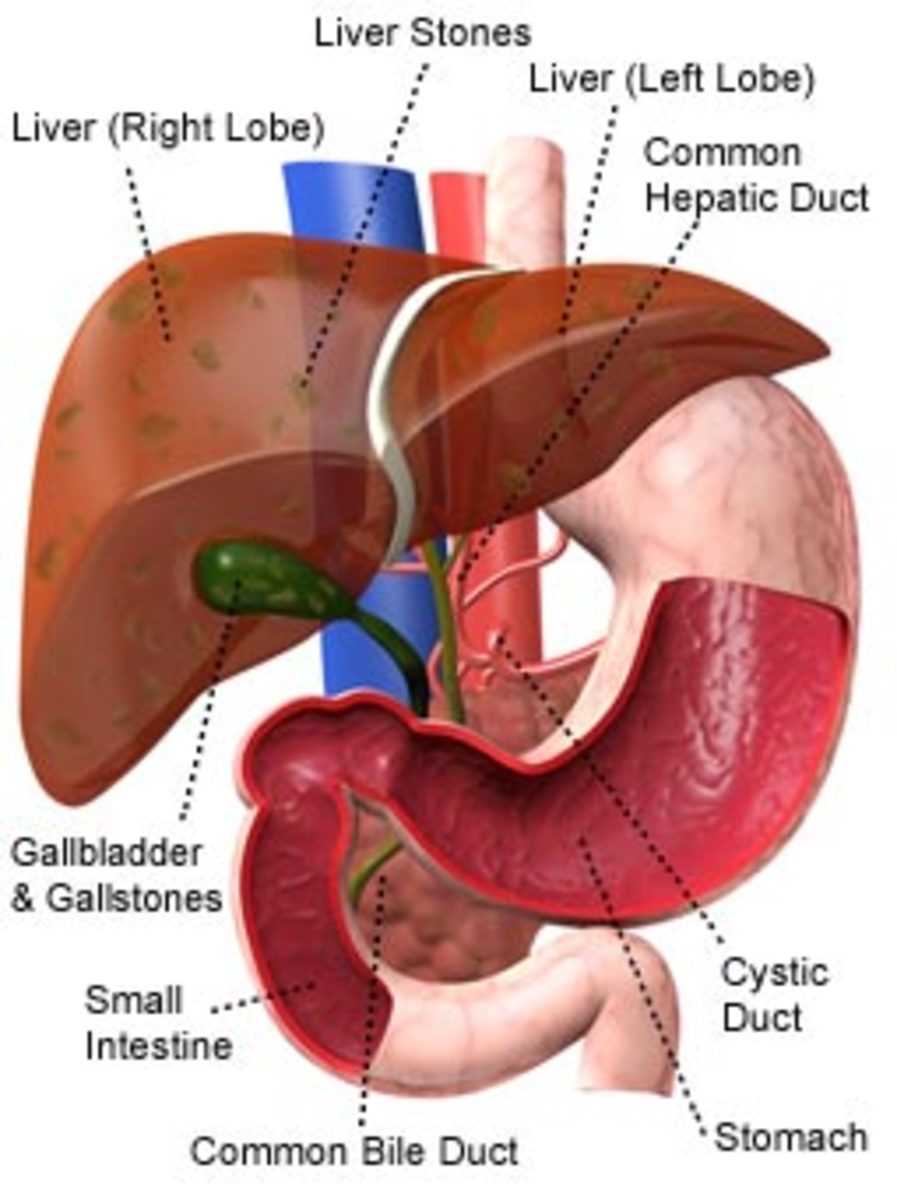Treatment Options for How to Stop Long Term Opiate Addiction

Opiate addiction is one of the most complicated types of drug addiction that exists. It is also one of the easiest addictions to fall victim to. That's because it's an addiction that most commonly starts with a prescribed drug. Drugs like codeine and morphine are prescribed by doctors to reduce pain associated with an injury or surgery. Unfortunately, they can be highly addictive for many people and can result in a long-term addiction which is tough to beat. This can ultimately lead to involvement with non-prescribed opiates including drugs as serious as heroin.
There are several reasons that opiate addictions are so complicated. First of all, there may still be actual physical pain that is relieved by the use of the drugs. Once you've gotten used to having a level of comfort, it can be extremely difficult to find other options for dealing with the pain. This situation is worsened by the fact that withdrawal symptoms from an addiction like this can be particularly painful. Additionally, opiates can numb the body from emotional pain. People who have been using them over a long period of time often find that trying to stop using them results in emotions coming up that haven't been felt for months or even years. This can be so overwhelming that the individual goes right back to using the drugs.
Despite the fact that there are obviously good reasons for not wanting to end an opiate addiction, particularly one that has gone on for an extended period of time, there are even better reasons to seek treatment. Opiates are harmful to the body and can cause significant problems throughout a person's life. Addiction hurts the individual as well as the people around him or her. Once it's been decided by the person that an addiction should be terminated, he or she has several treatment options to choose from:
- Clinical treatment. The most common form of treatment for opiate addiction is clinical treatment. This may take place in rehab or in an outpatient setting. It starts with detoxification which means quitting the drug and getting through initial withdrawal symptoms. Then it enters a phase of maintenance which means learning to live without the drug. It is based on the idea that addiction is a disease which requires certain medical steps to overcome.
- Faith-based treatment. Although this type of treatment has the same basic components as clinical treatment, it is rooted in a different philosophy. Essentially, it allows the individual to rely on the power of a higher faith to complete the steps necessary to get through withdrawal and in to a new life. AA (or NA) is the most common type of faith-based treatment. Many people find that choosing this route allows them to work one day at a time towards their goal because it's about more than just getting through the detox system. It is not necessary to believe in a particular religion in order to benefit from faith-based treatment.
- Medical treatment. This type of treatment relies on using medications that are less toxic than the current drugs to wean the individual off of the addiction. This can be more successful than other treatments in the short term because it reduces the physical and emotional pain of detox. However, some believe it is not the most successful choice in the long run. In some cases, alternative healing treatments (such as chiropractic for back pain) can resolve the physical pain that keeps the need for opiates strong and reduce the problem.
• Psychological treatment. There are some people who believe that addressing the underlying emotional problems that cause the addiction will resolve the problem. This type of treatment focuses on changing the behaviors of the individual while dealing with the past situations that caused the pain the person is in.
What needs to be understood about treating opiate addiction is that it's both a decision and an ongoing process. Treatment begins the moment that the individual decides to stop using. However, the process of treatment will be lifelong. There will be ups and downs, recommitment to treatment and possibly even switching from one treatment type to another over the course of a lifetime.









